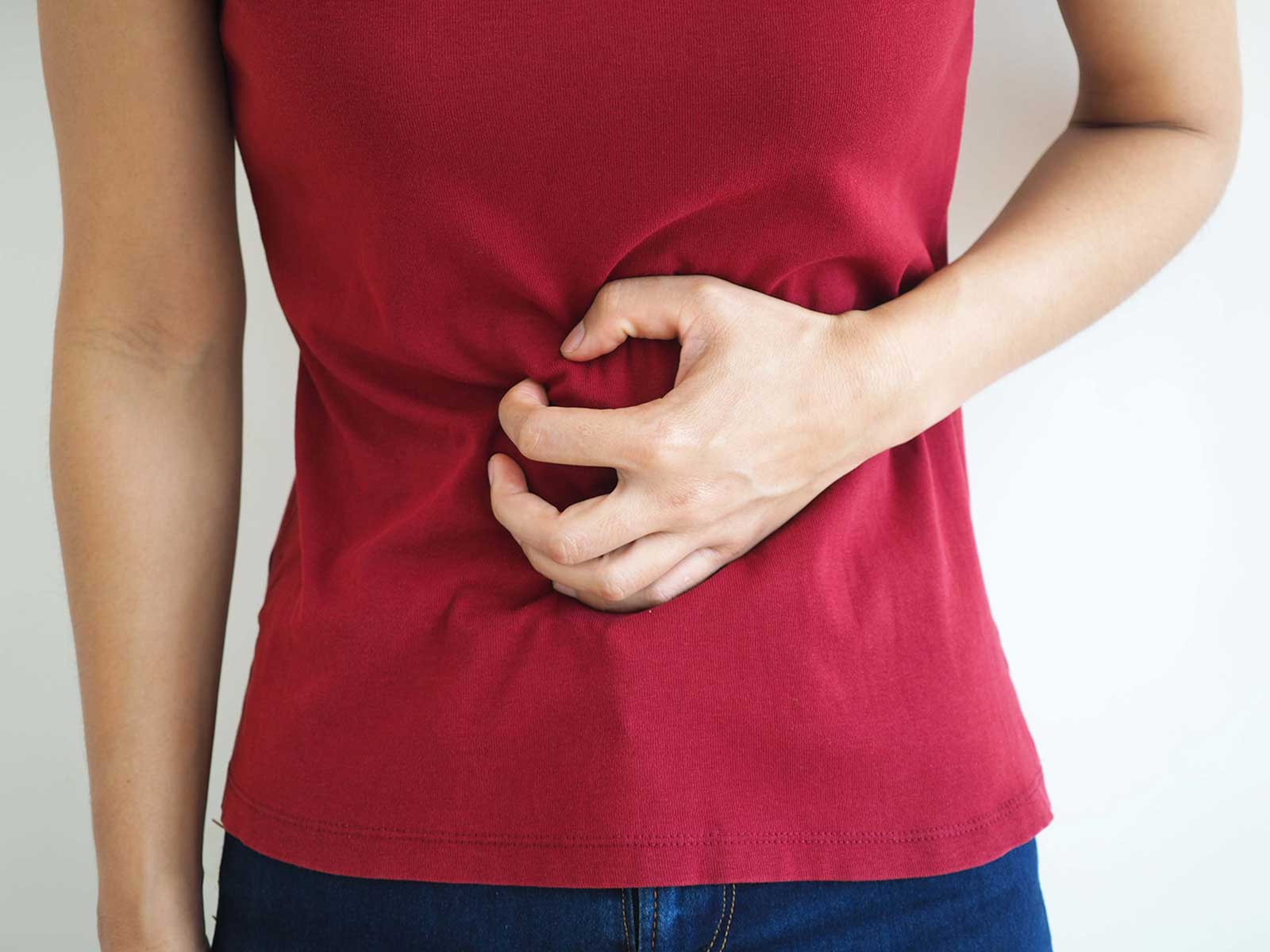
Fecal impaction occurs when a rectal or colonic lump of hard stool gets lodged therein. It grows either too bulky or too dry to pass normally, and most of the time it is treated medically in order to eliminate complications. ICD-10 code of fecal impaction 10 K56.41. We are GastroDoxs at Jersey Village where we provide a safe and gentle care to diagnose and treat this condition.
Individuals having fecal impaction may complain of:
Fecal impaction may be caused by a number of factors:
Fecal impaction may result in pain which can be treated. Our team of experienced professionals is willing to assist you and get your digestive system out of trouble in GastroDoxs in Cypress. Contact us now or make your own appointment to receive tailored and attentive care and prevent complications in the future.
We've successfully treated more than 1.5K patients, helping individuals improve their digestive health and overall well-being through expert, personalized care.
With over 20 years of experience, GastroDoxs has been a trusted provider of gastroenterology care, focusing on delivering the best outcomes for patients
Majority of the population is unable to pass solid stool in case of impaction. In some cases, the blockage may allow liquid stool to leak around, but the normal bowel movement will not occur under normal circumstances.
Yes. The hardness of the stool stored in the lower bowel is usually a mass that might push its adjacent nerves and tissues resulting in lower back pains or pains.
Yes. When unattended, fecal impaction might result in bowel damage, cracks on the rectal tissue or severe infections that might need more medical treatment.
Yes. Mild fever might occur when the rectum might be inflamed or the bacteria would be concentrated around the affected stool, causing an infection.
The diagnosis is usually based on my review of symptoms, physical or rectal examination and in some cases, imaging studies (such as abdominal x-ray or ultrasound) to ensure that it is hardened stool.
The simplest way to quickly relieve the blockage is usually to forcefully remove the affected stool by hand or enema to loosen the impacted stool and flush it out. Dietary modifications and laxatives can be applied also.
Cases that are mild may also be helped by adding fluids, fiber of food eaten, and mildly-based over-the-counter laxatives. Nevertheless, home treatments should never be tried without consulting with your doctor so as to keep complications at bay.
To avoid it, one should eat a lot of fiber, drink a lot of water every day, do physical exercises regularly, and will never disregard the feeling of having to go to the restroom.
You should call your medical care provider in case of a few days without a bowel movement and your pain becomes more and more acute, though you also experience nausea and vomiting, as well as other unpleasant symptoms.
In GastroDoxs, we have highly skilled personnel to provide speedy, painless impacted stool evacuation, comprehensible descriptions of available treatment choices, and a customized regimen as a way of ensuring that no other troubles emerge in the future.